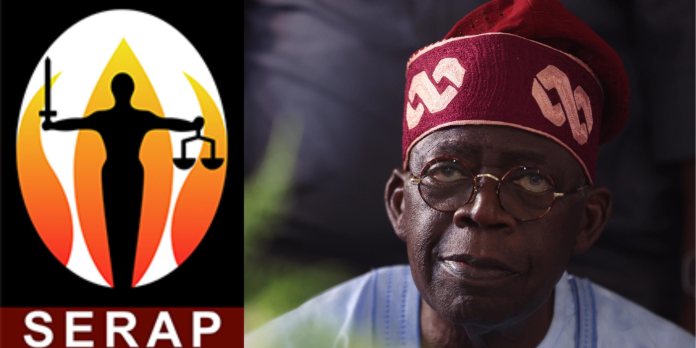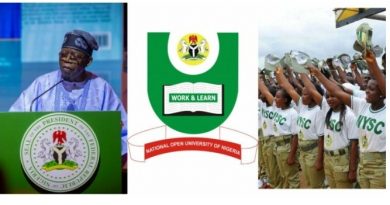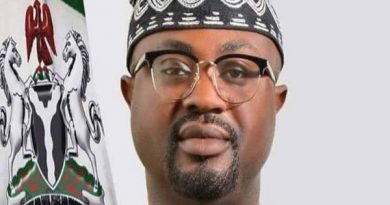SERAP Urges Tinubu to Reverse Ban on Journalists
Socio-Economic Rights and Accountability Project (SERAP) has called on President Bola Tinubu to reverse a ban that has prohibited 25 journalists and media outlets from covering activities at the presidential villa.
The organization is urging the president to ensure that reporters can freely carry out their duties, emphasizing their constitutional role in holding those in power accountable.
According to reports, numerous journalists from media houses such as Galaxy TV, Ben TV, and MITV, among others, have recently had their credentials revoked, preventing them from covering events at the Presidential Villa in Abuja.
In a letter dated August 26, 2023, SERAP’s deputy director, Kolawole Oluwadare, expressed concern over the situation, stating that “barring these journalists and media houses from covering the presidential villa is to prevent them from carrying out their legitimate constitutional responsibility.
The ban has raised questions about press freedom and the ability of journalists to effectively report on government activities.
SERAP argues that the media plays a crucial role in ensuring transparency and accountability in governance, and any attempt to hinder their work undermines democracy.
The organization further highlighted the importance of a free press in upholding the principles of good governance and preventing corruption.
They emphasized that journalists have a constitutional right to access information and report on matters of public interest.
SERAP’s call for the ban to be overturned comes amid growing concerns about press freedom in Nigeria. In recent years, there have been instances of journalists facing harassment, intimidation, and even violence while carrying out their work.
The organization is urging President Tinubu to prioritize press freedom and take immediate action to reinstate the credentials of the affected journalists and media outlets.
They also called for measures to be put in place to protect journalists from any form of harassment or intimidation in the future.
The ban on journalists covering the presidential villa has drawn criticism from various quarters, including human rights organizations and media watchdogs.
They argue that such restrictions undermine the principles of democracy and hinder the public’s right to know.
However, they believe that a free and independent press is essential for a functioning democracy and the promotion of good governance.As the situation unfolds, the eyes of the international community will be on Nigeria to see how the government responds to these concerns.
The outcome will have implications not only for press freedom in the country but also for the overall state of democracy and human rights.




